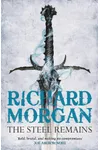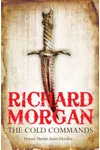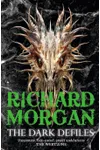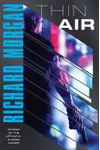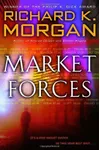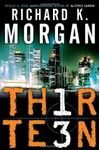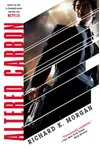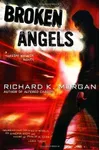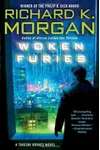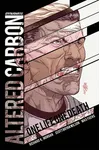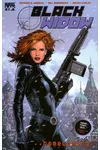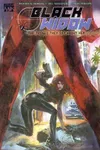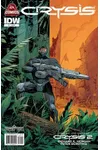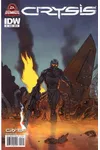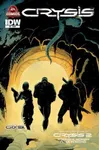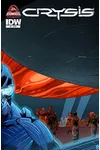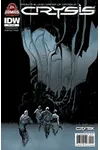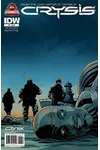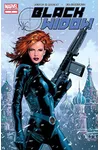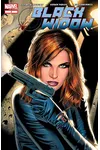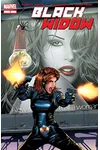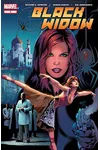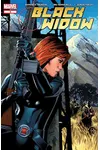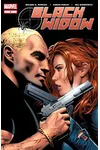Picture a British storyteller who spun a gritty, neon-lit future where human consciousness can swap bodies like outfits—meet Richard K. Morgan! Born in 1965, this acclaimed science fiction and fantasy author redefined cyberpunk with his debut novel, Altered Carbon, a Philip K. Dick Award winner that became a Netflix sensation. With a knack for blending noir thrills with deep questions about identity and technology, Morgan’s tales captivate readers worldwide.
From his early days teaching English across the globe to crafting dystopian epics, Morgan’s journey is as fascinating as his stories. Let’s dive into the life, works, and lasting impact of this cyberpunk trailblazer!
The Making of Richard K. Morgan
Born in London and raised in the semi-rural village of Hethersett near Norwich, Richard Kingsley Morgan grew up immersed in books and music. He studied modern languages and history at Queens’ College, Cambridge, before embarking on a 14-year adventure teaching English in countries like Spain, Turkey, and Scotland. This global perspective shaped his vivid world-building. After a stint at the University of Strathclyde, Morgan’s debut novel, Altered Carbon, launched in 2002, letting him trade lesson plans for full-time writing.
Richard K. Morgan’s Unforgettable Stories
Morgan’s works are a heady mix of cyberpunk grit, noir intrigue, and philosophical depth. His breakout, Altered Carbon (2002), follows Takeshi Kovacs, a former soldier turned investigator in a world where consciousness can be ‘resleeved’ into new bodies. This Philip K. Dick Award-winning novel blends hard-boiled detective vibes with futuristic tech, exploring immortality and inequality. Its sequels, Broken Angels (2003) and Woken Furies (2005), dive deeper into Kovacs’s adventures across interstellar battlegrounds.
Beyond the Kovacs trilogy, Morgan’s Market Forces (2004) won the John W. Campbell Award, painting a dystopian future where corporate wars are fought on deadly highways. His 2007 novel, Thirteen (also known as Black Man), snagged the Arthur C. Clarke Award, tackling genetic engineering and societal fear through a super-soldier’s hunt. Morgan also ventured into fantasy with the A Land Fit for Heroes trilogy (2008–2014), featuring a gay protagonist, Ringil Eskiath, in a gritty, noir-flavored saga. His 2018 novel, Thin Air, returns to cyberpunk with a thrilling Mars-based mystery.
Morgan’s style is visceral and cinematic, with dense, poetic prose and morally complex characters. His worlds, often dystopian and post-human, challenge readers to question technology’s impact on humanity, identity, and power.
Why Richard K. Morgan Matters
Richard K. Morgan’s influence on science fiction is undeniable. His revival of cyberpunk’s gritty roots, infused with social commentary, has inspired a new generation of writers and filmmakers. Altered Carbon’s 2018 Netflix adaptation brought his vision to millions, sparking renewed interest in the genre. His willingness to tackle taboo topics, like sexuality in fantasy or inequality in sci-fi, sets him apart as a bold, thought-provoking voice.
Morgan’s stories resonate because they’re not just about futuristic tech—they’re about us. His exploration of what it means to be human in a world where bodies are disposable and power corrupts feels eerily relevant today. Fans and critics alike praise his ability to craft thrilling narratives that linger long after the final page.
About Richard K. Morgan
- Born: September 24, 1965, in Norwich, England
- Key Works: Altered Carbon, Market Forces, Thirteen, The Steel Remains
- Awards: Philip K. Dick Award (2003), John W. Campbell Award (2005), Arthur C. Clarke Award (2007)
- Fun Fact: Morgan wrote for video games like Crysis 2 and Syndicate!
Snag Altered Carbon and dive into Richard K. Morgan’s electrifying cyberpunk universe—your mind will thank you for the wild ride!
